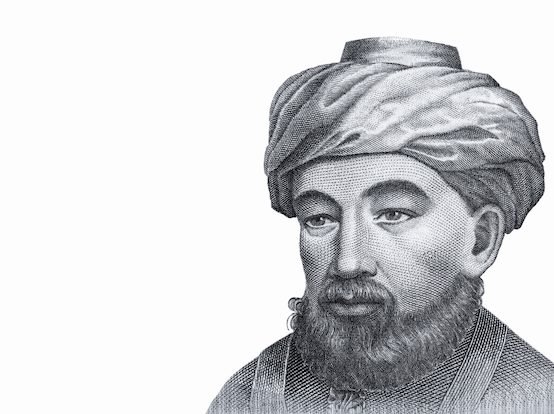In a previous article, I wrote about the centrality of the divine to Socrates’ epistemology. Here, I will discuss the source of prophecy in Maimonides’ epistemology.
Over a millennium after Socrates, Maimonides echoes similar sentiments in his discourse on prophets in Book Two of The Guide for the Perplexed. He writes with the Aristotelian methodology prevalent in Egypt at his time to conclude that a man can be perfectly well-read and even have great character yet still not attain the status of prophet. Maimonides points out that knowledge and other forms of human wisdom, while necessary, are not sufficient to make one a prophet. Rather, an overflow of divine revelation and emanation is necessary.
Maimonides was a rabbi (among other occupations); his The Guide for the Perplexed was written for a religious audience (Joseph ben Judah) who sought reconciliation between the Torah and philosophy (Hyman, 360-361). He begins by presenting three views of prophecy: the common view, the philosopher’s view, and the view of faith (his own view; see Hyman, 375-376). (It must be stated that “prophecy” is not to be understood as merely predicting the future, but, rather, as speaking truths that go beyond human wisdom—truths that do not originate within humans.) The common view is that a prophet can wake up one night, have an amazing divine revelation, become purified and good, and become a prophet. Thus, God can make anyone—even a wicked man—a prophet as long as He turns them into the good person that a prophet is. The philosopher’s view holds that prophecy is, by definition, a perfection of human wisdom and character. Thus, people who have perfected their wisdom and character are necessarily prophets. Maimonides’ own view—the view of faith—holds that perfection of wisdom and character are necessary prerequisites for a person to become a prophet, but also that they are not enough. God’s will is required for a person to become a prophet; thus, there can be a person who is both knowledgeable and is of good character, but such a person is not necessarily a prophet.
What makes a prophet a prophet, in addition to these important prerequisites, is an overflow of divine emanation (or divine revelation or inspiration). Maimonides also discusses (in iconic Aristotelian methodology) the different senses and faculties used in prophecy. The imaginative faculty is the faculty through which God gives people visions and directly affects what people sense or perceive. Thus, to be a prophet, a man must also have a well-tuned imaginative faculty that is ready to receive God’s revelation and inspiration.
Maimonides’ discussion of prophethood gives us a deeper and clearer insight into understanding what Socrates meant by wisdom—the wisdom that no one can claim for themselves—in his personal religious context. These two seminal philosophers—one of Greek philosophy and the other of Jewish philosophy—both treat the divine as central to the source of the most desirable wisdom and admit that human wisdom is on a completely different level from knowledge that emanates from divine sources.
Hyman, Arthur. Philosophy in the Middle Ages: The Christian, Islamic, and Jewish Traditions. 3rd ed. Indianapolis: Hackett Pub., 2010. Print.


Leave a Reply